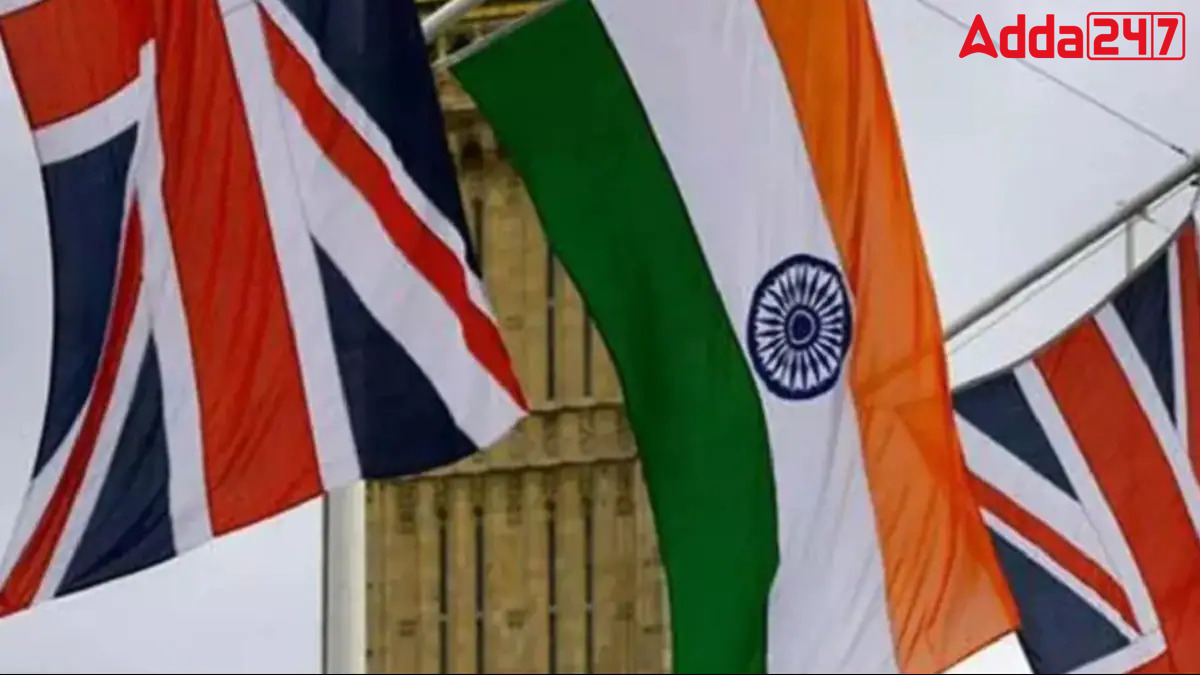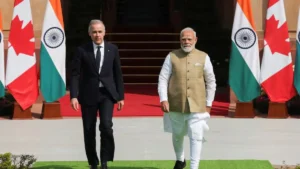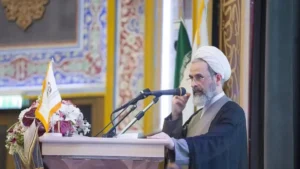India and the UK have reaffirmed their commitment to concluding a mutually beneficial Free Trade Agreement (FTA) during the annual UK-India Strategic Dialogue in London. This marks a significant step as the two nations have already conducted 13 rounds of talks, with the 14th round commencing in January 2024. The discussions also reviewed progress on the 2030 Roadmap, established in 2021 to enhance cooperation in various sectors.
Key Discussions and Progress
2030 Roadmap Review
Foreign Secretary Vinay Kwatra and his UK counterpart Sir Philip Barton reflected on the “good progress” achieved since the last review. This includes collaboration on the world’s first malaria vaccine, support for India’s G20 Presidency, and enhanced opportunities for students and entrepreneurs under the Migration and Mobility Partnership.
Defence Cooperatio
Kwatra also met with UK Minister of State for Defence Procurement James Cartlidge to discuss ongoing and future defence capability cooperation initiatives, further strengthening bilateral ties in this critical sector.
Milestones Celebrated
Lord Tariq Ahmad, FCDO Minister for South Asia, emphasized the UK’s commitment to deepening cooperation with India across trade, defence, climate, and health sectors.
Free Trade Agreement (FTA) Negotiations
The FTA negotiations cover 26 chapters, including goods, services, investments, and intellectual property rights. The Indian industry is pushing for greater access for its skilled professionals in the UK, while the UK seeks reduced import duties on products like scotch whisky, electric vehicles, and chocolates. Additionally, Britain aims to expand opportunities for UK services in India, particularly in telecommunications, legal, and financial services.
Bilateral Trade Growth
Bilateral trade between India and the UK has seen a substantial increase, reaching USD 20.36 billion in 2022-23, up from USD 17.5 billion in 2021-22, underscoring the importance of the FTA in facilitating further economic growth.
By maintaining focus on these strategic areas, both countries aim to foster a stronger bilateral relationship, addressing mutual economic and geopolitical interests.




 India AI Impact Summit 2026 Outcomes: De...
India AI Impact Summit 2026 Outcomes: De...
 India, Canada Announce Strategic Energy ...
India, Canada Announce Strategic Energy ...
 Iran Names Ayatollah Alireza Arafi as Te...
Iran Names Ayatollah Alireza Arafi as Te...








